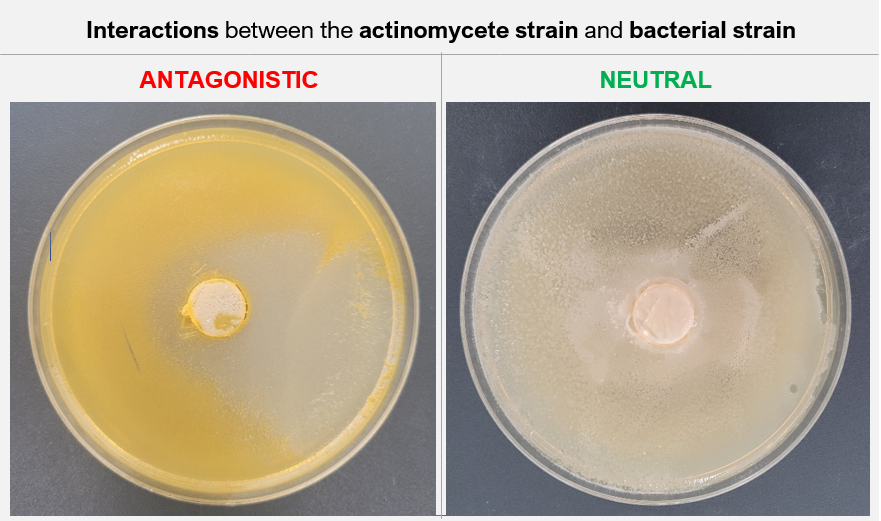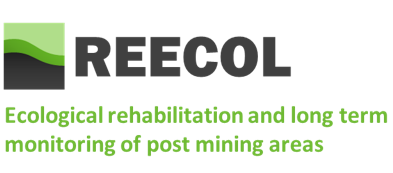Poltegor-Instytut currently works on development of an innovative laboratory compost aimed at improving the rehabilitation processes for post-mining landscapes. This effort is an integral part of the REECOL project’s commitment to addressing soildegradation in post-mining areas.
The Institute’s recent work has involved detailed studies on the interactions between selected microorganisms for a composting vaccine. These studies are crucial to ensuring the composting process produces a clean, humus-rich, and biologically stable product that can enhance properties of soil by providing plants with accessible nutrients.
A significant aspect of this research was to identify and eliminate any potential antagonistic interactions among the strains in the multi-organism vaccine. Through biotic interaction tests, the Poltegor team found that most strains have neutral relationships, allowing to finalize the vaccine’s composition.
Why this matters? The goal of this compost is not only to rejuvenate the soil but also to improve its quality significantly, which is essential for the sustainable rehabilitation of mining-affected areas and the future development of local ecosystems.

